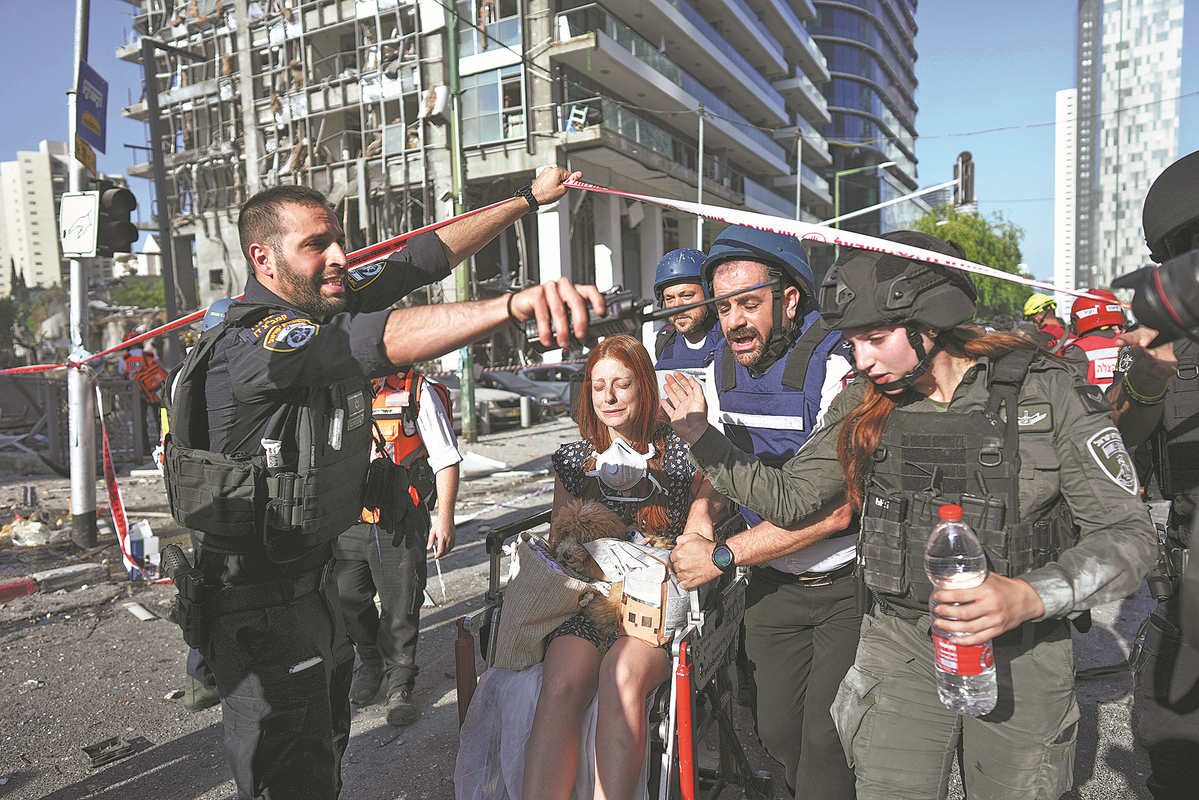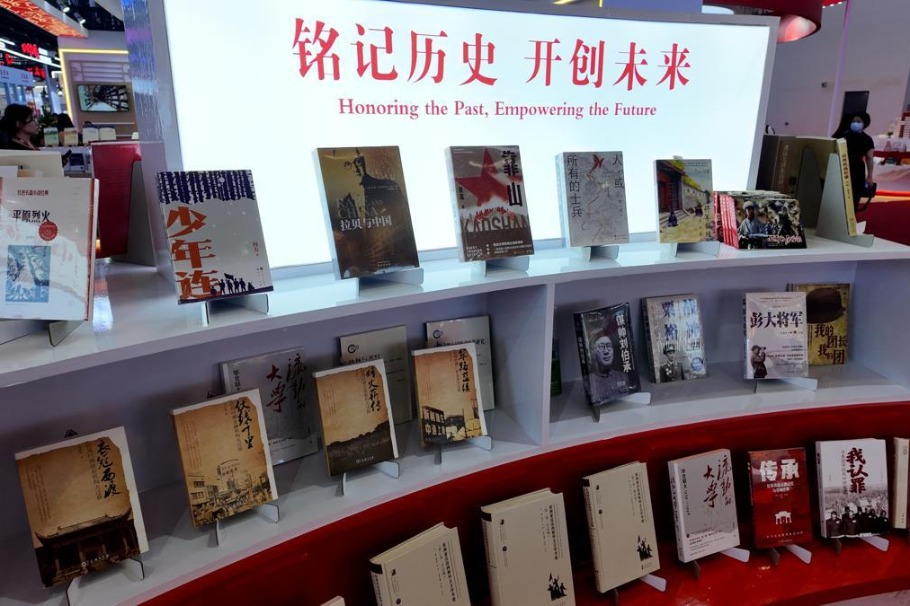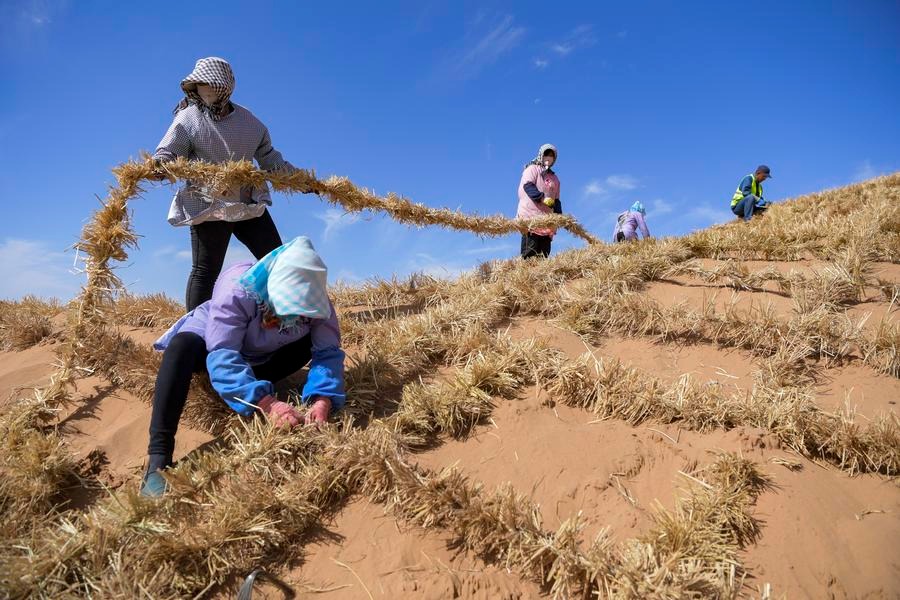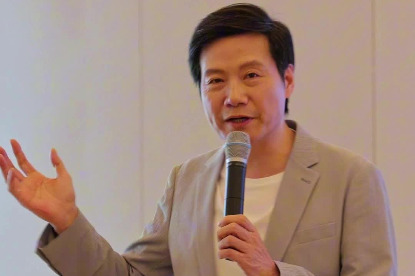Xi: Ceasefire priority for restoring peace


President Xi Jinping has stressed that a ceasefire must be an urgent priority in the Middle East to avoid the spillover effect of the conflict between Israel and Iran, reiterating China's commitment to playing a constructive role in restoring peace in the region.
Xi made the remarks on Thursday during a telephone conversation with Russian President Vladimir Putin as they exchanged views on the Middle East situation.
Underlining that the use of force is not the right way to resolve international disputes, Xi said the parties involved in the conflict, especially Israel, should halt military operations as soon as possible to prevent a spiral of escalation.
The two leaders held the phone talks days after Israel launched a surprise military strike on Iran on June 13, triggering a wave of attacks and counterattacks.
The current situation in the Middle East is highly perilous, and it further proves that the world is entering a new period of turbulence and transformation, Xi said. If the conflict continues to escalate, not only will the parties directly involved suffer greater losses, but countries across the region will also be severely affected, he added.
Protecting civilians
Xi said that ensuring civilian safety must be a top priority, emphasizing that the red line of protecting civilians in armed conflicts must not be crossed at any time, and the indiscriminate use of force is unacceptable.
He urged conflicting parties to strictly abide by international law, avoid harming innocent civilians, and facilitate the evacuation of citizens of third countries.
According to the Foreign Ministry, more than 1,600 Chinese nationals have been safely evacuated from Iran, and several hundred from Israel as of Thursday.
During the phone call, Xi stressed that dialogue and negotiation are the fundamental solutions and the right paths to achieving long-lasting peace.
He urged relevant parties to firmly support a political solution to the Iranian nuclear issue, and push the issue back to the track of political settlement through dialogue and negotiation.
Noting that the efforts of the international community in promoting peace are indispensable, Xi called on the international community — particularly major countries that have a special influence on parties to the conflict — to make more efforts to cool down the situation.
The United Nations Security Council should play a greater role in this regard, he said.
Putin briefed Xi about Russia's position on the situation, saying that Israel's strikes targeting Iran's nuclear facilities are dangerous, and the escalation of the conflict serves no one's interests.
Noting that the situation is evolving quickly, he expressed willingness to maintain close communication with China to make joint efforts to cool down the situation and safeguard regional peace.
Israel and Iran continued trading strikes on Thursday, the seventh day of their most intense confrontation in history.
An Iranian human rights group based in Washington, DC, said that at least 639 people, including 263 civilians, have been killed in Iran and more than 1,300 injured. In retaliation, Iran has fired some 400 missiles and launched hundreds of drones, killing at least 24 people in Israel and wounding hundreds.
United States President Donald Trump warned that he was weighing US military action in the conflict.
Meanwhile, China is maintaining close communication with various parties to discuss the Middle East situation. Foreign Minister Wang Yi held phone conversations with his counterparts from both Iran and Israel soon after the conflict broke out.
On Wednesday, Wang spoke with the foreign ministers of Oman and Egypt separately over the phone, calling for the international community, especially countries in the region, to further unite their efforts and generate momentum for opposing war, advocating peace and promoting a political settlement to the conflict.
He expressed China's support for the joint statement, issued by 21 Arab and Islamic countries, that calls for respect for the sovereignty and territorial integrity of other countries and a balanced stance on resolving disputes by peaceful means.
zhoujin@chinadaily.com.cn
- Ten photos from across China: June 13 - 19
- What methods have the Chinese developed to combat desertification?
- Shanghai to launch Easy Go to enhance visitors' experience
- A journey to promote cross-cultural bonds in Wuxi
- US students explore Jinhua in Zhejiang
- Beijing's Xicheng district opens a new overseas investment and liaison office in Paris




































